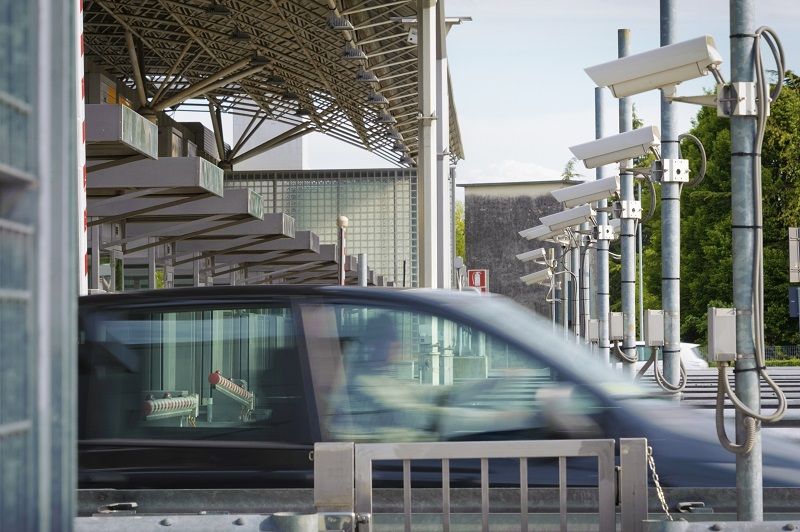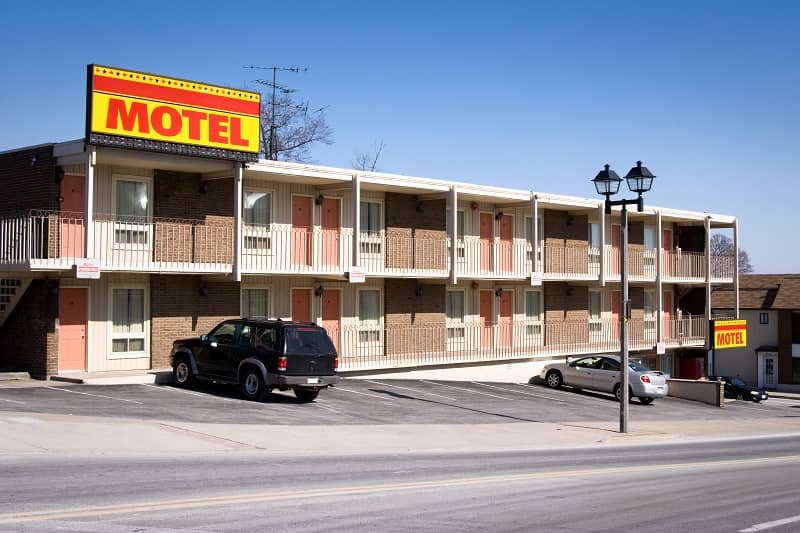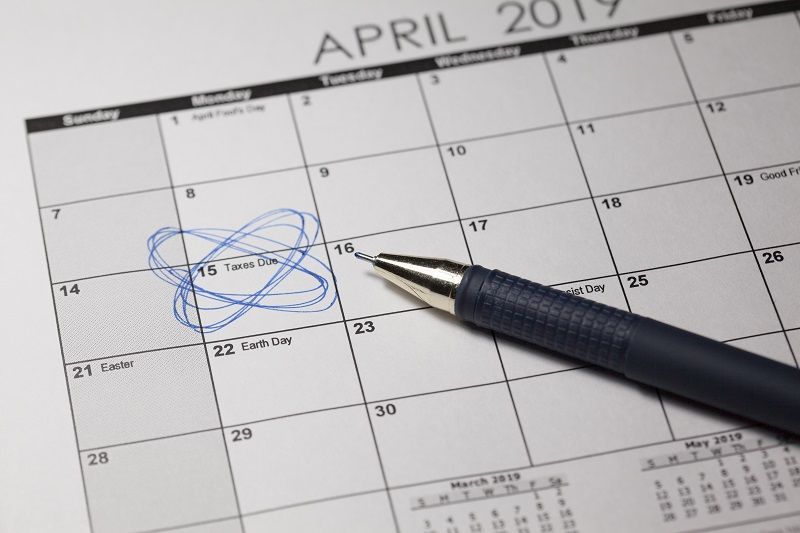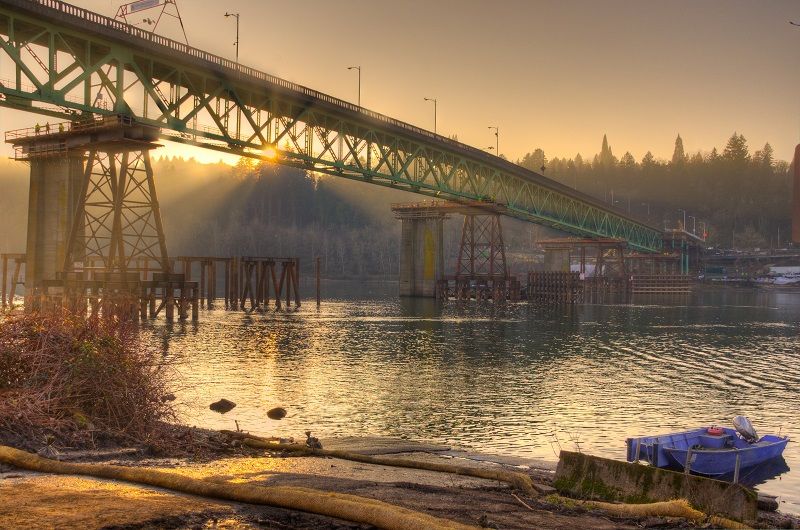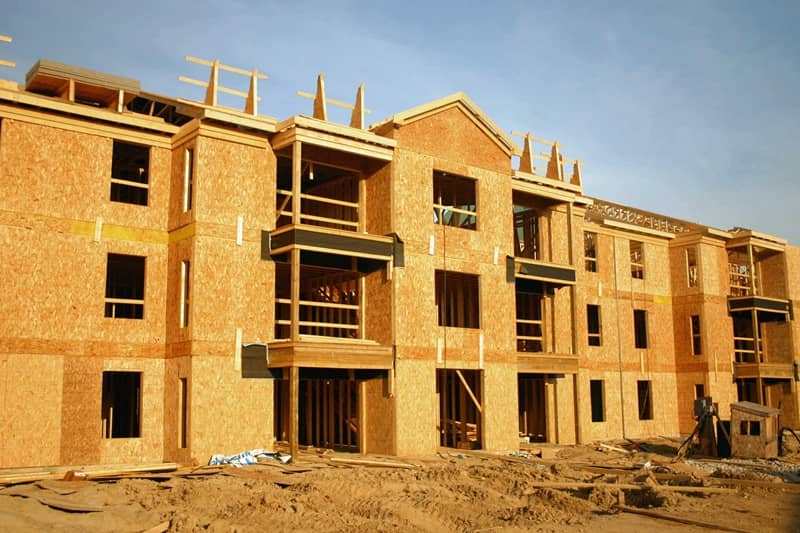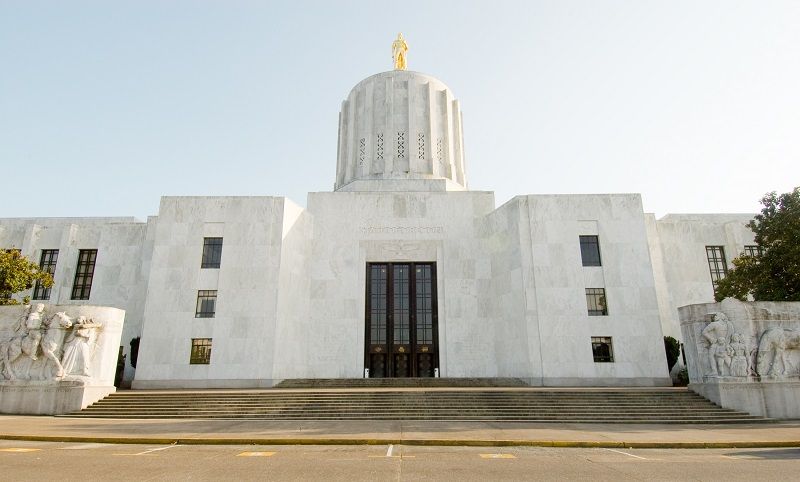Last week I wrote about the problems TriMet is having with its constantly failing rail system. On Wednesday, TriMet General Manager Neil McFarlane announced that the agency is hiring an outside firm to review light rail maintenance needs. The contract will cost a maximum of $245,000.
This is an important acknowledgment by TriMet that the vaunted regional rail system is suffering from chronic breakdowns that will require ever-increasing levels of maintenance.
The ownership problems associated with rail transit are well known within the industry. Indeed, four years ago the head of the Federal Transit Administration (FTA), Peter Rogoff, gave a speech on this topic to a room full of transit executives. Mr. Rogoff reminded people that rail systems have significant long-term costs. FTA had recently concluded that there were more than $78 billion in deferred maintenance costs for public transit agencies in the U.S., and three-fourths of those costs were associated with rail systems.
TriMet management is having to face up to this reality. The supposed “operating advantages” of hauling rail cars disappear when the lifecycle costs of rail system ownership are taken into account. Bus transit doesn’t face these problems. The cost of a bus is only one-tenth the cost of a rail car; it can be sent to many locations rather than a few dozen; and the ubiquitous road system is paid for by millions of motorists, not the transit agency. This keeps the maintenance costs of bus transit to a manageable level.
Unfortunately, TriMet is in a financial free-fall, and absorbing substantial costs for depreciation and maintenance of light rail will worsen the fall for a long time to come.
John A. Charles, Jr. is President and CEO of Cascade Policy Institute, Oregon’s free market public policy research organization.
